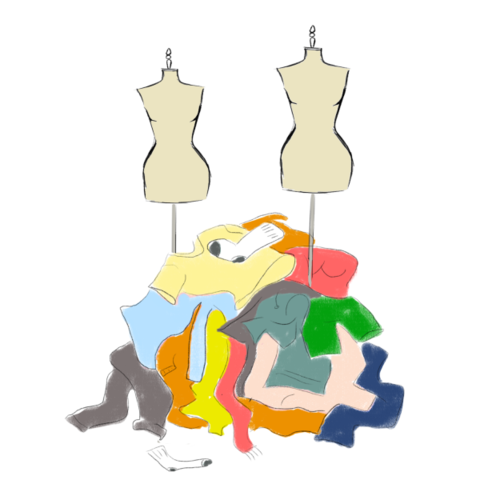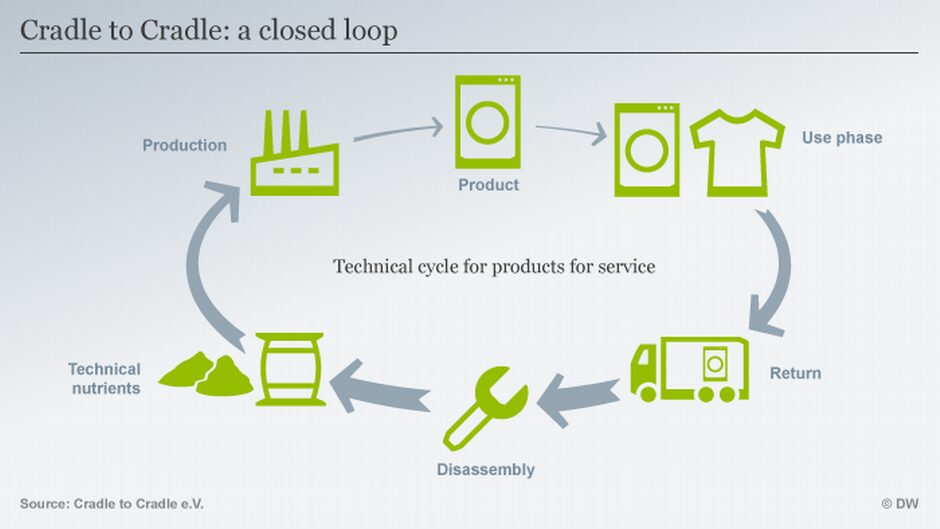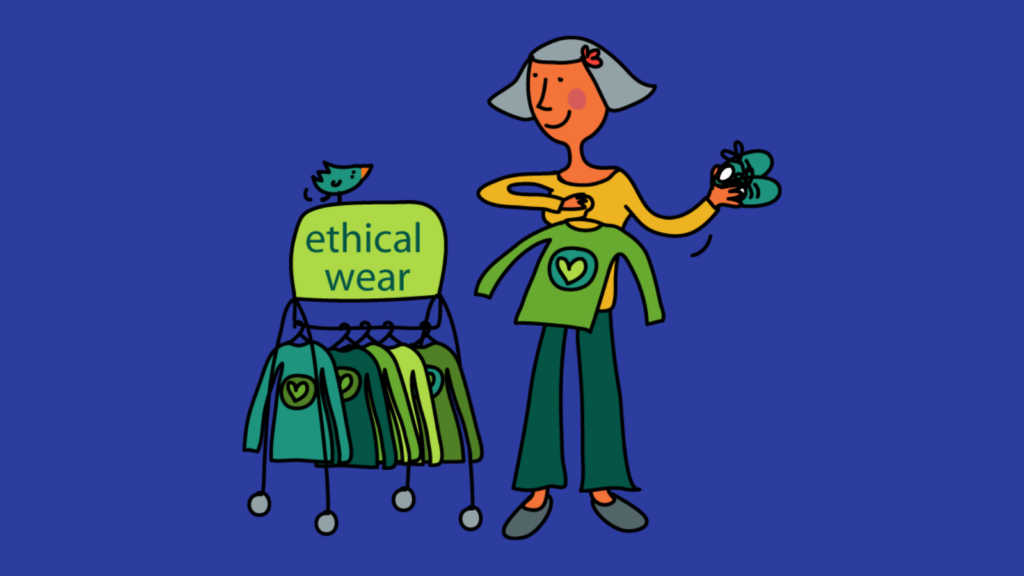As sustainability becomes more important to consumers, going green is becoming a profitable business strategy to appeal to them. But does the company is truly ethical ? Check out 10 ways to distinguish ethical brands from those who aren’t.
Over the past few years, the general publics have become more aware and much more passionate about climate change and sustainability. People are looking at changing their lifestyle and spending habits to be more sustainable and environmentally friendly.
To be a conscious consumer, we also need to master the art of spotting greenwashing – finding out if the brand is truly ethical or not. Here are 10 ways you can do :
1. Ethical brands have a holistic approach
First and foremost, the brand incorporates ethical values and sustainability minded in ALL parts of there supply chain, not just considering one aspect (that is convenient for them).
2. Ethical brands are honest, open, transparent, and admit their mistakes
Secondly, they held accountability, taking responsibility and acknowledging the need for continuous improvement is critical for a brand to be truly ethical.
3. Their whole collection is sustainable, not just a capsule or seasonal collections
For fashion brands, if they are able to produce clothes in a sustainable way (this does not mean just using eco-friendly materials) , it’s not enough to make just one capsule collection – the brand should produce everything this way.

4. Ethical brands are passionate to make systematic change via concrete action
While the entire mission is to create a sustainability for their brand, what is more important is how the brand can create less harm (include less waste ) within their industry but throughout the whole ecosystem.
5. Their Business Model Reflects Sustainability & ethical values
Simple logic, if the brand produces millions of items, every effort to be sustainable and ethical is obviously greenwashing. Promoting overconsumption is not sustainable. In order to model a company or project that is rooted in sustainability , it is essential to look to nature’s own processes in order to mimic and apply them.
6. They are taking concrete action beyond policies and paperwork
The words ‘sustainability’, ‘eco-friendly’, and ‘ethical’ don’t mean anything unless there is real and concrete action by everyone involved in the supply chain.
7. Ethical brands are care about their product afterlife
Taking a circular approach to their business model is a great indicator of sustainable and ethical brand. Unfortunately, many brands are still overlook this aspect. As a consumer, you need to be aware of brands with recycling take back programmes as most of the products they collect don’t get recycled properly.
Have you heard about the concept of cradle-to-cradle design ? The cradle-to-cradle model essentially follows the idea that organic and synthetic materials can be used in continuous cycles without losing integrity or quality. By eliminating waste through full reutilisation of discarded materials, the cradle-to-cradle approach serves the sustainability to a great extent.

8. Ethical brands are transparent to their customers
As a conscious consumer, we need to be curious and follow news. It is relatively easy to visit a few sustainability articles, documentaries on a Sunday afternoon and quickly get a more in-depth look at which materials are sustainable and what practices are truly better for the environment and our health. After all, it’s easy to get information today with so much at our fingertips.
9. Ethical brands are (commonly) listed on on goodonyou app
To be a conscious consumer, you need to trust your own common sense, rather than being mislead by marketing campaigns with a lot of buzz words. Whenever doubt, look for the brands at goodonyou.eco and see if the company / brand has been evaluated by the site. Basically, they have done research for you and they summarise their findings which makes it more convenient to look brands up.
10. Ethical brands have Sustainable Certifications
When it comes to product labels and claims, it is important to know what to look for and be aware that not all labels are trustworthy. The easiest way to navigate the many choices available is to research and educate ourselves. Check our guide on sustainability labels and certifications here.
Distinguishing whether a brand is truly sustainable and ethical is not impossible. Being inquisitive and asking more questions are important parts of being a conscious consumer. It’s a journey !
In what ways have you become a conscious consumer ? Join the conversation in the comments
Also Read :
A lot of products nowadays are showing labels like ‘100% eco-friendly’ but is it really a real deal or just gimmicky campaigns ? Read about greenwashing here.



